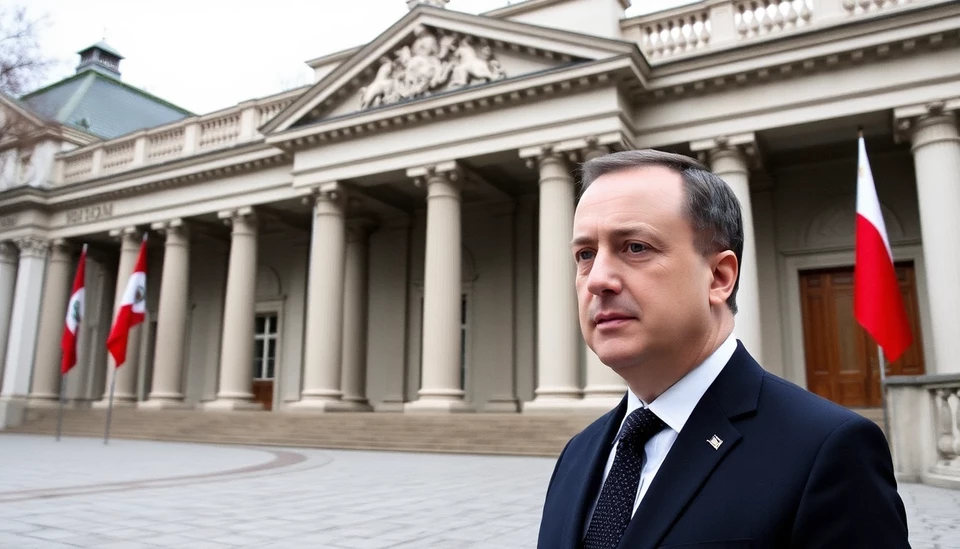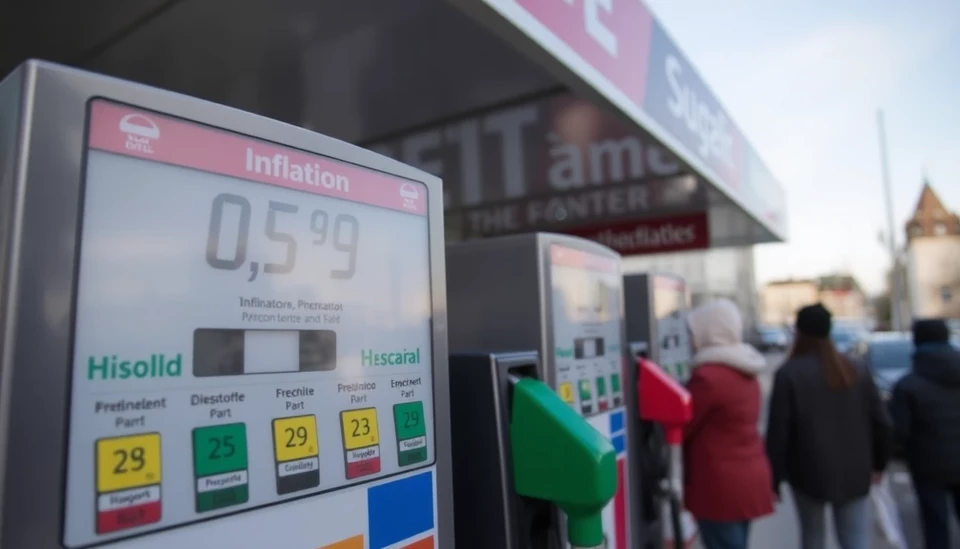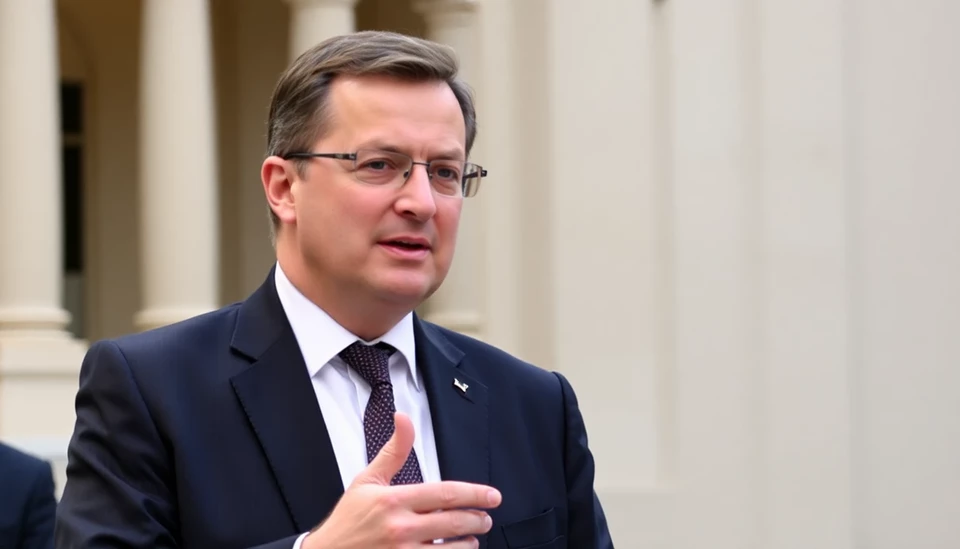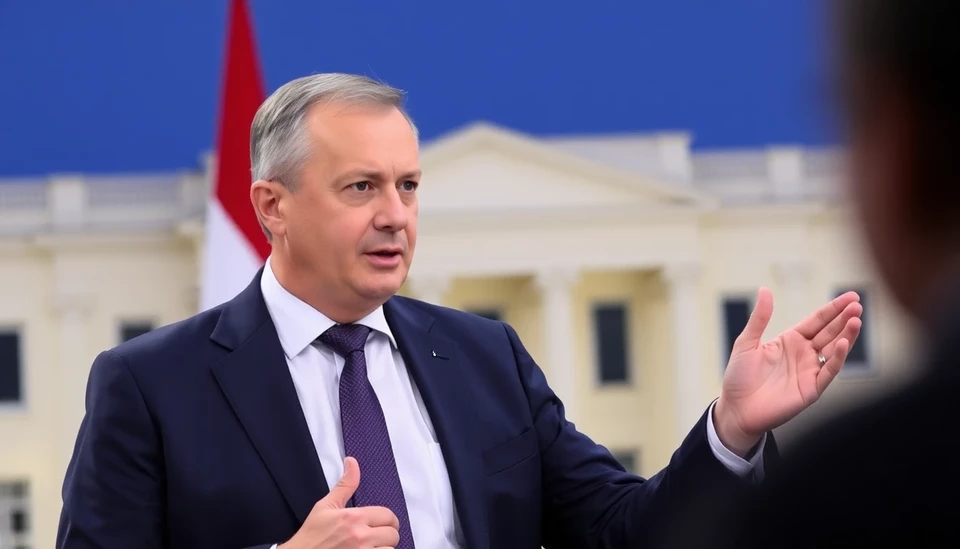
In a significant move reflecting both loyalty and continuity in governance, Hungarian Prime Minister Viktor Orban has chosen his long-time ally, Finance Minister Mihaly Varga, to lead the nation’s central bank, the Magyar Nemzeti Bank (MNB). This appointment comes amid a challenging economic landscape and signals Orban's intent to maintain a firm grip on Hungary's financial direction.
The decision was announced this week, marking a pivotal change in the leadership of the MNB, which has been under the stewardship of Gyorgy Matolcsy since 2013. Matolcsy, who has played a key role in shaping Hungary's monetary policy during a time of geopolitical turbulence and economic fluctuations, will step down to allow for a new chapter under Varga’s guidance.
Varga’s tenure as the finance minister has been marked by a close alignment with Orban’s economic strategies, fostering stability and growth in the face of external pressures such as rising inflation and global market volatility. His selection to head the central bank signals a deepening of this partnership, as Hungary strives to navigate challenges posed by international economic uncertainty and a struggling European economy.
With Varga at the helm of the MNB, expectations are set for a continuation of the current monetary policies, which have emphasized combatting inflation while supporting economic growth initiatives. His track record as finance minister indicates a solid understanding of fiscal mechanisms, lending credence to his ability to steer the central bank towards achieving stability in inflation rates and currency valuation.
Varga’s appointment has sparked conversations among economists and political analysts regarding the future of Hungary’s economic posture. Supporters argue that his loyalty to Orban and experience in fiscal matters could bring much-needed stability, while critics caution that the close ties between the government and the central bank may lead to compromised independence in monetary policy decisions.
As the new governor, Varga faces immediate challenges, including rapidly increasing inflation that has plagued Hungary and poses a risk to consumer purchasing power. The central bank has already implemented measures to tackle inflation, and Varga will be expected to build on these efforts while navigating the complexities of a global economy that remains unpredictable.
Ultimately, Varga’s leadership is anticipated to substantially influence monetary policy decisions in the coming months as Hungary seeks to stabilize its economy while fostering an environment conducive to growth and investment. His past experiences suggest a proactive approach to economic management that aligns with Orban's broader goals for the country.
In conclusion, the appointment of Mihaly Varga as the new head of Hungary's central bank reflects a strategic move by Prime Minister Orban—a choice meant to ensure the continuity of policies while addressing the pressing economic issues facing the nation. The effectiveness of this decision will be closely monitored, both by local stakeholders and international watchers, as Hungary navigates its precarious economic landscape.
#Hungary #CentralBank #ViktorOrban #MihalyVarga #Economy #Finance #MonetaryPolicy #Inflation #EconomicStability
Author: Laura Mitchell




